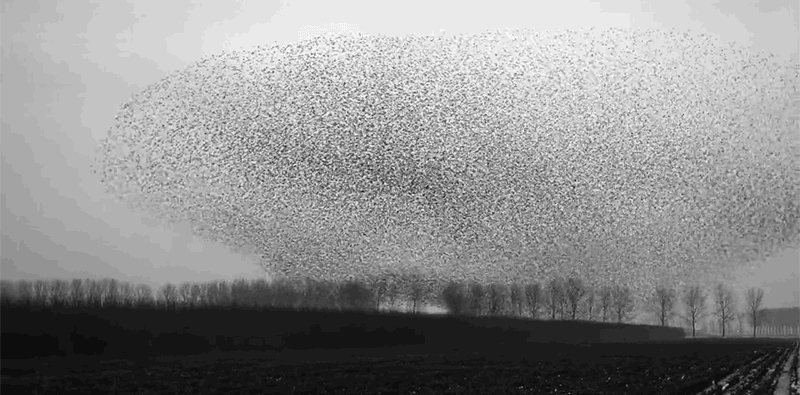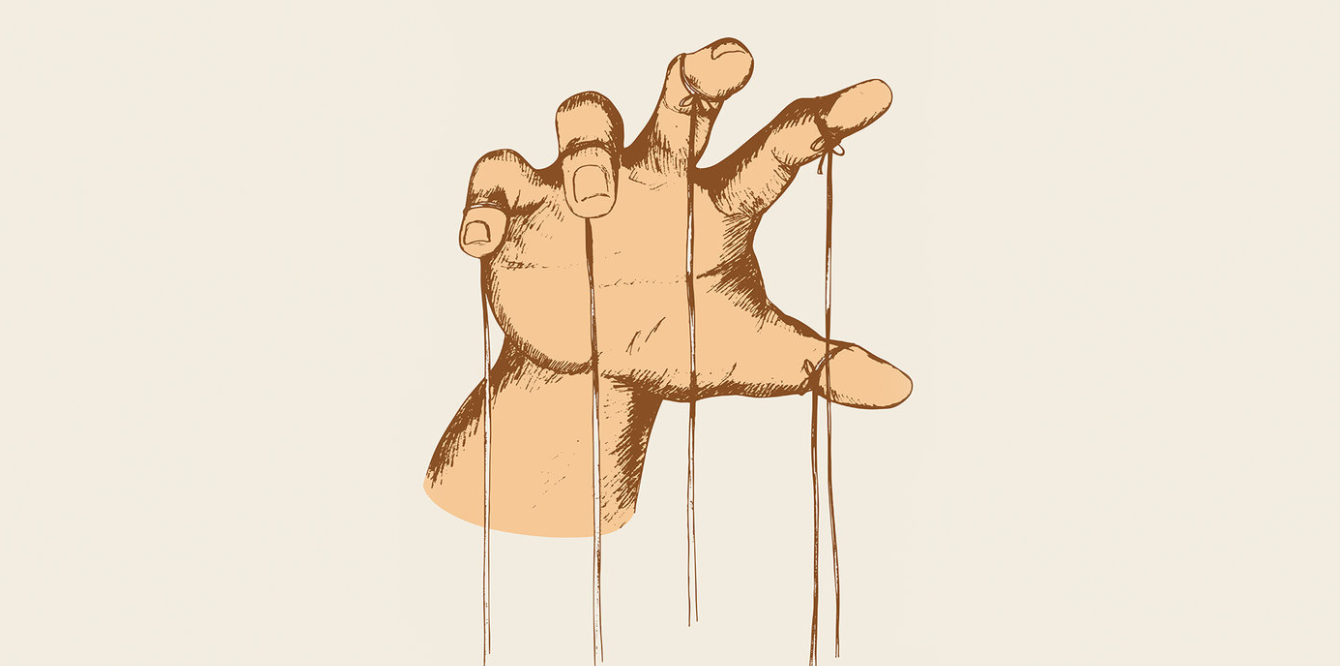I still have a device which I can use to make calls, but it’s not a phone. I and most other people these days have a globally interconnected super computer. It so happens to have a feature which can make calls. Simple evidence resides in the number of times we interact with it daily, versus the number of calls – they are almost insignificant. We touch our phone hundreds of times a day and we might make a few calls. (Count for the next few hours if you don’t believe me). Here‘s a picture of the last phone I owned below.

It’s hard to believe the iphone is about to have it’s 10th birthday on June 29, 2017. Since the iPhone disrupted the economic time continuum – we have literally have NASA in our pockets. A personal super computer that 20 years ago it would’ve literally cost several millions dollars. And today, it is free. We get the mobile phone for the same price of around $50 a month, but with the super computer as the free prize inside. And while we all know it has impacted some obvious industries like news, media, music, mapping and photography to name a few, it is much more than that. It’s a bit like a new Neo Cortex which is why we feel so uncomfortable leaving home without it. I personally believe it is the start of technology merging with our biology. I’m certain it will enter our body, we can already see the trajectory of the technology getting smaller and smaller and closer and closer to our bodies. We already have wires coming out of it, and directly into us, eventually they’ll be attached permanently, and soon after the tech will aside inside us.
While this phone super computer has numerous life benefits that come with it – it isn’t without it’s own set of externalities.
The Privacy Fallacy
“If you don’t do anything wrong, then you have nothing to worry about with privacy.”
We’ve all heard that before and there are many problems associated with this proposition.
Firstly, it has attached to it a basic assumption that only illegal or immoral activities can be used against us. Secondly, many people are forgetting that our phone super computer tracks many activities without us inputting or extracting any data at all. It has a number of sensors which (Ironically like a human senses never stop working) – they are constantly listening in the background to our environment and sending back information to big brother. Accelerometers, Gyrometers, GPS locators, Altimeters, Light sensors, Cameras, Sound receptors. The GPS even works when the phone is off the grid. And here is my personal favourite; Siri records everything we’re saying, all the time, if we agreed to its terms, and most of us do without even reading them. Some of the stuff it knows outside of our web surfing, data input and info requested can be of the most value to governments and corporations.
The problem with the privacy issue, is that data can be converted into discrimination. For example, an innocent person could be put on a watch list because unbeknowns to them they associate with say a hacktavist. Just by their phones super computers being in close proximity to each other frequently, a person could be falsely targeted. It’s also easy to see how various forms of insurance could be refused based on private data collected. But we won’t know what the limits of these discriminations until they have already happened. No one has read the back of the cereal box…. (The Terms & Conditions). We are literally playing a game we don’t know the rules to, and this is a very dangerous proposition indeed.
We can’t stop it, but we need to civilise it
We can never stop data tracking. No technology in history, regardless of its externalities has been able to be stopped once released. Especially if short term benefits are greater than long term complications. So we need to civilise the internet – like we civilised cities and factories in the industrial era. We need the equivalent of workplace health & safety, car design road rules and environmental protections, but for peoples data. And we cannot leave that up to the corporate owners of the platforms we use – like all companies their basic incentive is to maximise short term shareholder wealth. What we have now, is each company setting its own laws of usage which is as crazy as it sounds. Especially when participating in the modern economy requires us to use the platforms.
We need a macro generic set of Terms & Conditions for all digital services – where companies only report exceptions. They need to be written in language everyone can understand with consequences laid out. it needs to be taught in schools and in society. If we as the collective users of the internet have the wisdom to force this, then the utopian dream of the web can recommence.






